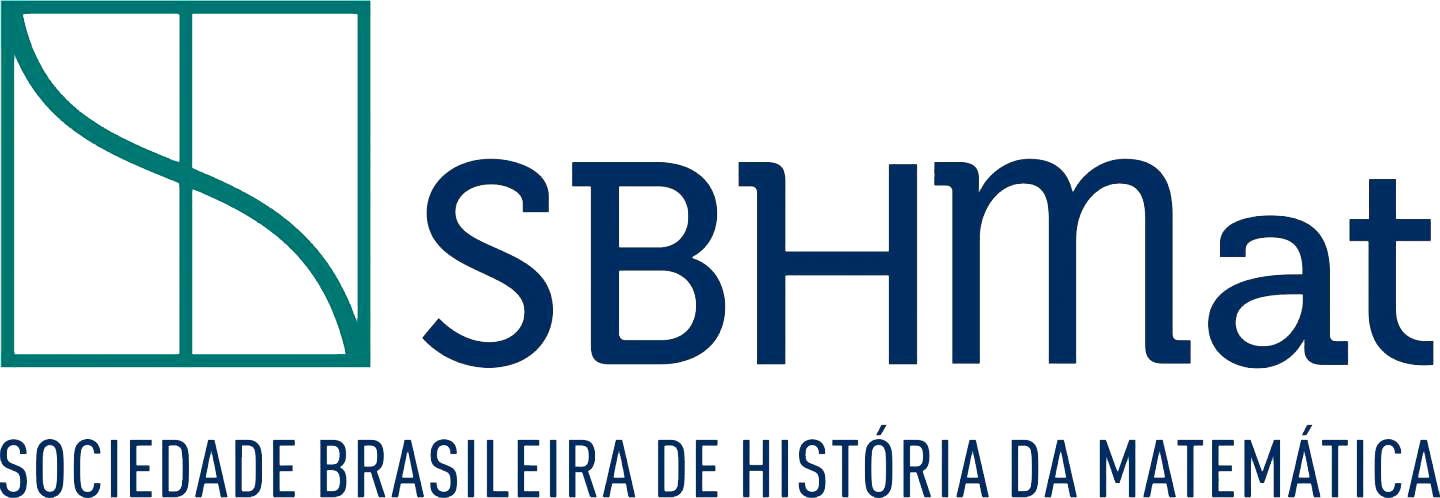Charles Peirce and Bertrand Russell on Euclid
DOI:
10.47976/RBHM2019v19n3779-94Palabras clave:
Charles Peirce, Bertrand Russell, EuclidResumen
Both Charles Sanders Peirce (1839–1914) and Bertrand Russell (1872–1970) held that Euclid’s proofs in geometry were fundamentally flawed, and based largely on mathematical intuition rather than on sound deductive reasoning. They differed, however, as to the role which diagramming played in Euclid’s emonstrations. Specifically, whereas Russell attributed the failures on Euclid’s proofs to his reasoning from diagrams, Peirce held that diagrammatic reasoning could be rendered as logically rigorous and formal. In 1906, in his manuscript “Phaneroscopy” of 1906, he described his existential graphs, his highly iconic, graphical system of logic, as a moving picture of thought, “rendering literally visible before one’s very eyes the operation of thinking in actu”, and as a “generalized diagram of the Mind” (Peirce 1906; 1933, 4.582). More generally, Peirce personally found it more natural for him to reason diagrammatically, rather than algebraically. Rather, his concern with Euclid’s demonstrations was with its absence of explicit explanations, based upon the laws of logic, of how to proceed from one line of the “proof” to the next. This is the aspect of his criticism of Euclid that he shared with Russell; that Euclid’s demonstrations drew from mathematical intuition, rather than from strict formal deduction.
Descargas
Métricas
Citas
DE WAAL, Cornelis. 2013. Peirce: A Guide for the Perplexed. London: Continuum Publishers, Bloomsbury Group.
DOU, Alberto M. 1970. “Logical and Historical Remarks on Saccheri’s Geometry”, Notre Dame Journal of Formal Logic 11, 385–415.
EUCLID. 1926. (Thomas L. Heath, trans. & ed.), The Thirteen Books of the Elements, 3 vols. Cambridge: Cambridge University Press, 2nd ed.; reprinted: New York: Dover Publications, 1956.
EVES, Howard. 1981. Great Moments in Mathematics (after 1650). Washington, D.C.: Mathematics Association of America. GAUSS, Carl Friedrich 1860-65. Briefwechsel zwischen C. F. Gauss und H. C. Schumacher, 6 vols. Altona: C. A. F. Peters.
GRAY, Jeremy 2007. Worlds Out of Nothing: A Course in the History of Geometry in the 19th Century. London/Dordrecht/Hei-delberg/New York: Springer.
HOORMANN, C. A. F. 1976. “A Further Examination of Saccheri’s Use of the ‘Consequentia Mirabilis’”, Notre Dame Journal of Formal Logic 17, 239–247.
Descargas
Publicado
Métricas
Visualizações do artigo: 475 PDF (Português (Brasil)) downloads: 336




































